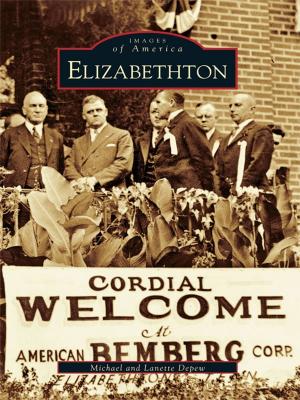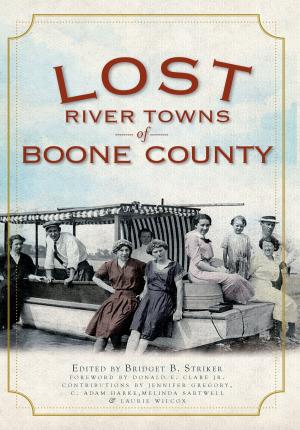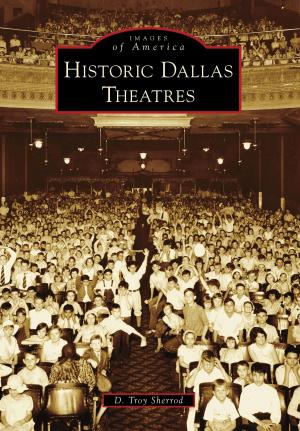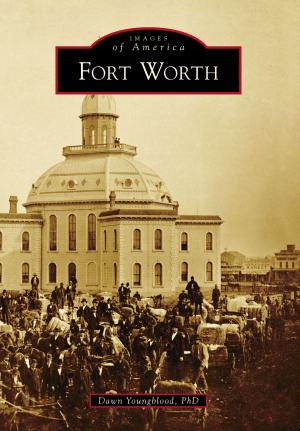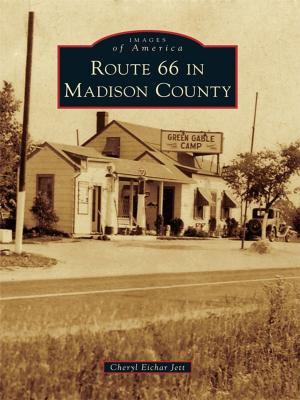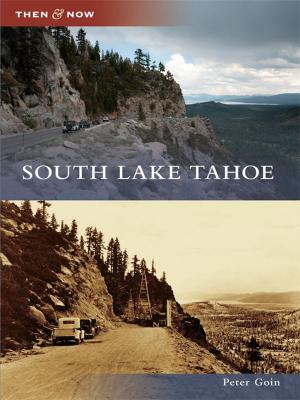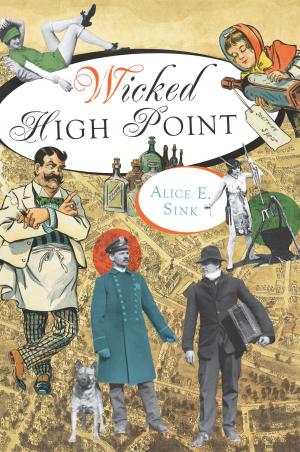| Author: | Nathan Johnson | ISBN: | 9781439639443 |
| Publisher: | Arcadia Publishing Inc. | Publication: | April 26, 2010 |
| Imprint: | Arcadia Publishing | Language: | English |
| Author: | Nathan Johnson |
| ISBN: | 9781439639443 |
| Publisher: | Arcadia Publishing Inc. |
| Publication: | April 26, 2010 |
| Imprint: | Arcadia Publishing |
| Language: | English |
Laden with pines and interspersed with lakes and rivers, Pine City has long served as the gateway to Minnesota's Northwoods. Over the years, people have traveled through the area via the river, military road, railroads, and scenic highway. In the 1880s, as people of European decent were settling in, the crux of the community moved from Chengwatana, Ojibwe for "City of Pines," to a location west of there, nearer the rail line, called Pine City. The story begins with the fur trade and takes one through a fascinating journey of the logging industry, showing the rural community's transition from predominantly agricultural underpinnings to a more diversified economy. This collection of vintage photographs highlights Pine City's laboring people and other influences that have had roles in shaping what it is today-a city of great history, unique people, nostalgic small-town traditions, and mystifying legends.
Laden with pines and interspersed with lakes and rivers, Pine City has long served as the gateway to Minnesota's Northwoods. Over the years, people have traveled through the area via the river, military road, railroads, and scenic highway. In the 1880s, as people of European decent were settling in, the crux of the community moved from Chengwatana, Ojibwe for "City of Pines," to a location west of there, nearer the rail line, called Pine City. The story begins with the fur trade and takes one through a fascinating journey of the logging industry, showing the rural community's transition from predominantly agricultural underpinnings to a more diversified economy. This collection of vintage photographs highlights Pine City's laboring people and other influences that have had roles in shaping what it is today-a city of great history, unique people, nostalgic small-town traditions, and mystifying legends.

